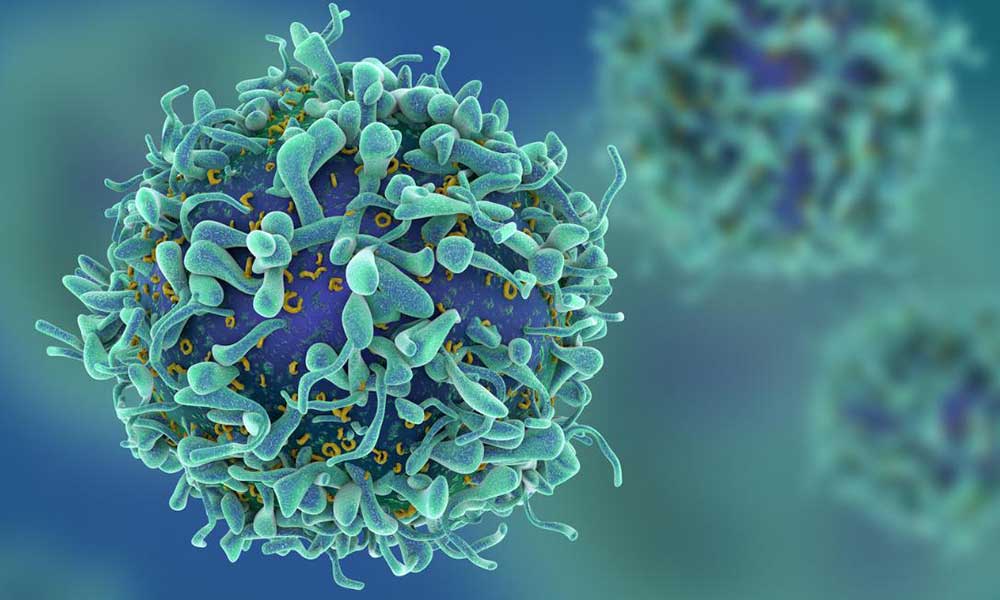Biomedical Sciences Research
Research in Biomedical Sciences
Research conducted within our department has had a major global impact on experimental biology and medicine. Biomedical Sciences anchors veterinary education within the larger context of “One Medicine” and tightly links the school with Penn’s biomedical community.
Our faculty and lab members represent a range of interests and techniques, and research is categorized into one of the following five general areas of focus.


Research Focus
Learn more about our groundbreaking work in regenerative medicine, germ and stem cell research, and transgenesis.
Visit our Center for Animal Transgenesis and Germ Cell Research.
Research Areas
Research in the Department of Biomedical Sciences on aging and metabolism encompasses broad aspects of chemical, biological and oxidative stress as well as neuronal stress. Our labs have produced groundbreaking discoveries in the study of spermatogonial stem cells and its niche, transgenerational germ cell reprogramming and the role of transcription factor NF-kB in chronic inflammatory diseases.
Read more about Aging, Metabolism, and Mitochondria
Research in cancer biology and comparative oncology within the Department seeks to understand the basic mechanisms underlying the development of cancer and its progression and to develop effective therapies.
Learn more about Cancer Biology and Oncology
The Department of Biomedical Sciences has maintained a longstanding interest in germ cell and stem cell biology, reproductive biology and regenerative medicine. Our faculty members are engaged in understanding how stem cells govern adult tissue and its responses to injury, illustrating the structure and function of the stem cell niche, and identifying the factors that affect the role of the stem cell in tumorigenesis.
Read more about Germ Cells, Stem Cells and Regenerative Medicine
We use state-of the-art cellular, molecular, genetic, pharmacological and imaging approaches to study understand how inflammatory mediators contribute to disease development, identify novel targets in inflammatory signal cascades and support the development of novel anti-inflammatory drugs.
Learn more about Inflammation
Contact the Biomedical Sciences Department
Our department is supported by a core of dedicated professional and administrative staff.
Department of Biomedical Sciences
216E Old Vet Quad
3800 Spruce Street
Philadelphia, PA 19104
